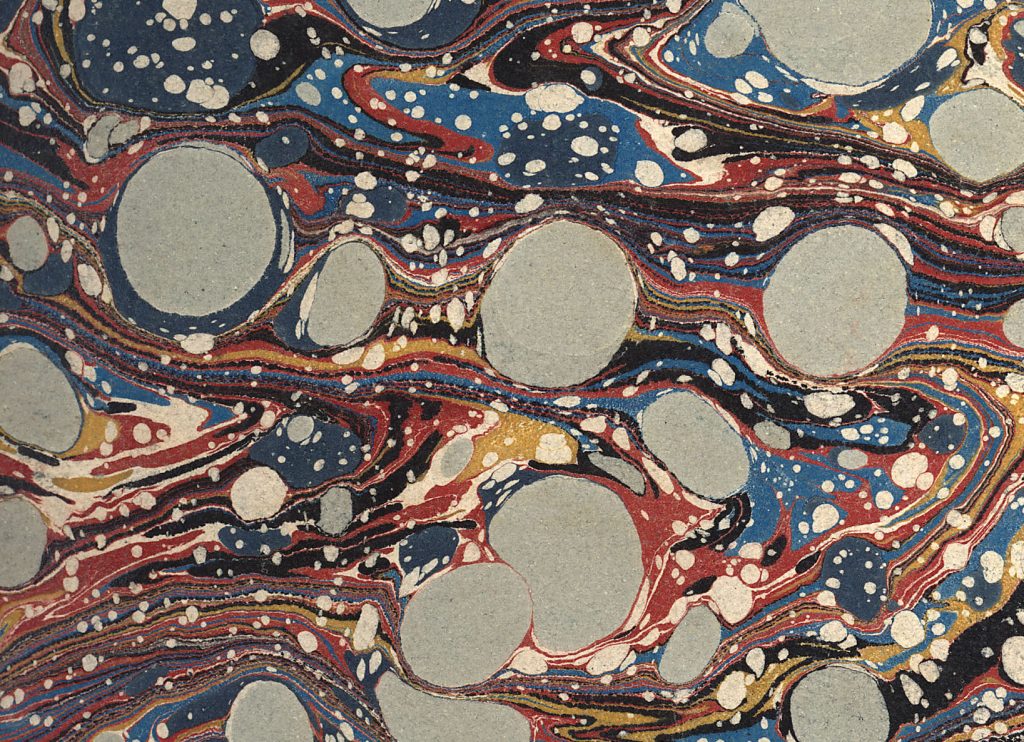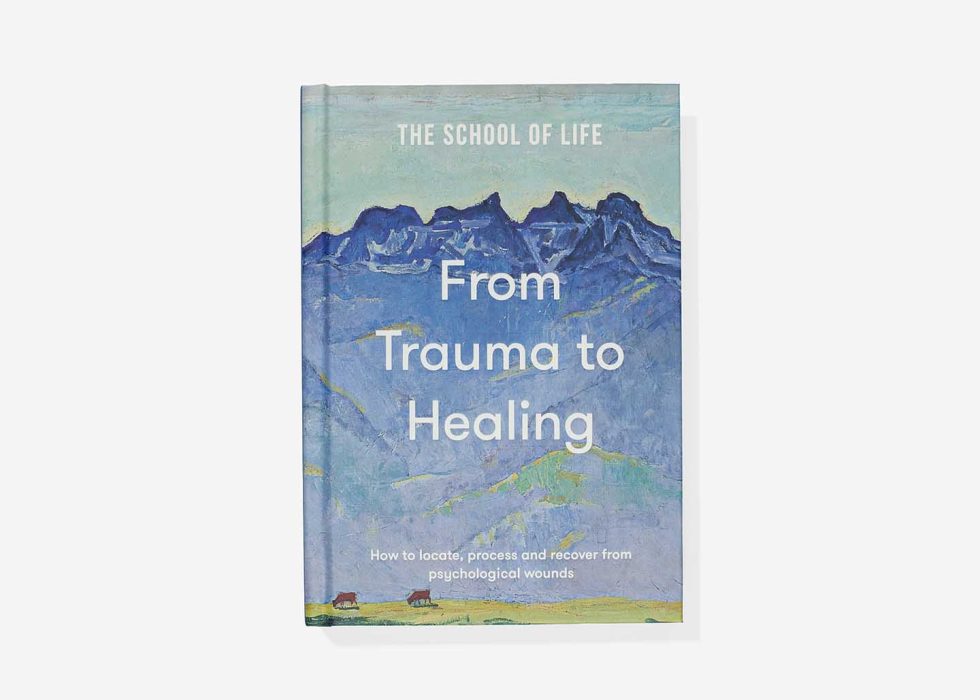What is Psychedelic Therapy?
There is a form of therapy which is, right now, in most countries of the world, illegal but which stands to become a dominant way of doing therapy over the coming years and may be the principal route by which many people will heal from their traumas.
The reason why psychedelic therapy is likely to prove so important is that it has the power to overcome the central impediment to successful therapy right now.

The fundamental thesis of psychotherapy is that we grow ill because there are things inside our minds that we have not been able to confront, feel and think about — and which reside in the unconscious, from where they create vicious disturbances (symptoms, neuroses, hysteria) for our conscious selves.
Classically, the task of therapy has been to provide a safe and welcoming forum in which a patient can feel relaxed enough to let the therapist into their imaginations and then make sense of the knots and troubles that lie there. What Freud called the ‘fundamental rule’ of psychotherapy is that one should be wholly honest with the therapist in sharing whatever happens to enter one’s mind: ‘Never leave anything out because, for some reason or other, it is unpleasant to tell it,’ he advised.
This sounds like important, but there is one enormous problem. Most people are entirely unable — when it comes to it — to let down their guard sufficiently to tell the therapist whatever they are feeling. The therapy — and possibilities of healing — are disrupted by our defences.
This is where psychedelic substances offer hope. A chemical compound like MDMA does not intoxicate in any simple way. It doesn’t, like wine or vodka, place one into a relaxed stupor. It keeps the mind highly alert and clear eyed while at the same time lifting the mechanisms of repression. It allows one to think and feel but also not be afraid or inhibited. The mind can feel brave enough to go to places it would normally shun. Also — for reasons not yet known to scientists — it gives one an appetite for self-exploration (when taken in the right setting, in a quiet room, with music, eyeshades and usually the presence of a kind and curious therapist). We give ourselves the chance — which we might have avoided for many years — to think about tricky aspects of our psyche that need our attention. We may stumble on a powerful need to reflect on a period of childhood, a figure from our past or a difficulty we had scarcely ever dwelt on.
At the same time, because we are uninhibited, we don’t mind sharing the material. We might write it down, speak it into our phone or tell the therapist. In this way we are able to bring to the surface a rare kind of psychological ore, pure, undistorted and connected up with all our major neurotic symptoms.

MDMA is currently illegal all over the world — and can only be experienced in certain safe clinical settings — but it holds out the promise that it will one day make psychotherapy work as well as it always should have done.



























